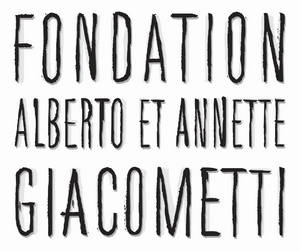After the opening of the Ambiente Fair in Frankfurt, the Plagiarius awards were handed out. Prices are to highlight the issues of counterfeiting and plagiarism. There is no doubt that the problem is growing. The question is, what can be done about it? It is not just about the theft of ideas and breaching of patent rights, this has also an impact on the economy of companies and even states. A major role in the production and distribution plays globalization and modern technology - Internet markets such as Alibaba.com. Organized crime, which generates large profits from it, plays a major role. There is also a question of health protection when using poor quality materials. Since it was stated that in 2016, the value of confiscated counterfeits at the borders of the European Union reached 670 million Euros, and it was only the tip of the iceberg, then what was the real damage to European producers? Of course, these practices have an impact on employment and state treasuries, too.
The article states that perfumes and cosmetics, consumer electronics, home appliances and dishes, toys, tools, car wheels, as well as medicines, medical equipment and lots of other things, including glass are being counterfeited. It's just all that can generate money!
A disturbing fact is that the Chinese even hacked into the computer databases of the European patent offices, and then based on stolen details had the products patented in their country as their own ideas. And when a real owner appears on the Chinese market, they can be sued for patent infringement. That is a mockery.
Another disturbing bit of information is also that companies that invest millions in research and design can only be angry or plead in a court, but with a slim chance of success. The upsetting fact is especially the little chance of success. What are the patent law and trademark law worth, then?
What can be done about it?
There is not much of a choice. It is about education, awareness and legal repression. And it is a matter of will, as well!









